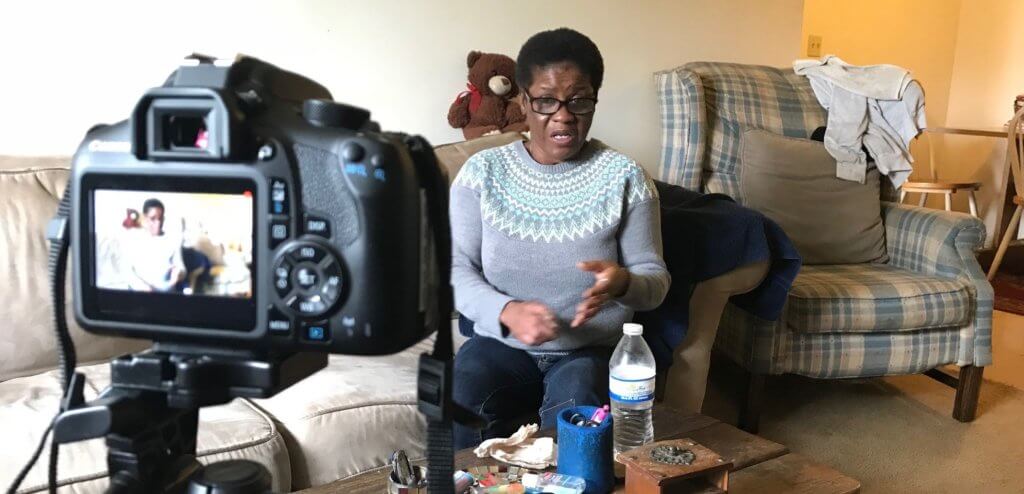
by Tai M. Coates, National Housing Trust
As we start a new decade, it’s a great time to reconsider how we advocate for housing. The way we communicate has shifted drastically since 2010. In the last decade, social media became the go-to platform for communication; digital resources outpaced print newspapers in the U.S. as a news source, and more people than ever are engaging politically online. Simply put, the playing field has changed for housing communicators like me. We can no longer exclusively rely on our canned political jargon, crafted for congressional members and staffers on the Hill – our audience is now much broader than that.
In June 2019, the National Low Income Housing Coalition reported that extremely low-income families account for 71 percent of all severely housing cost-burdened renters in the U.S., spending more than half of their limited incomes on housing costs. These high costs force them to cut back on other basic necessities like food, health care and transportation, while also putting them at risk of housing instability.
Affordable housing communicators and advocates can make the case for more affordable housing resources by helping residents raise their voices, to break through the noise and make an impact in our crowded digital and political environment. This requires us to adapt our methods of communicating, or risk being drowned out as we enter a new decade. Affordable homes serve as a foundation that impacts the economy of not only individual families, but an entire community. The couriers of this new narrative should not be limited to traditional housing advocacy groups. We can do that by engaging the largest natural group of advocates we have – residents.
Storytelling is one of the most effective means of communication. A good story brings an important issue to life by adding that personal story component of “I know this is true, because I’ve lived it.” If done well, stories can engage audiences, convey information and influence action.
When the National Housing Trust and Enterprise Community Partners launched Where Will We Live? in 2017, we wanted to highlight the importance of affordable housing by sharing stories from residents who live in assisted communities. We shared their stories with elected officials and community leaders, educating them firsthand about the benefits posed by affordable housing policies, and advocating for additional resources to ensure everyone can access an affordable, quality home. The message was not just numbers, facts and figures. These stories represented real people: nurses, students, immigrants, refugees and single parents.
We want to help other housing communicators and advocates to strategically integrate residents’ voices into their narrative, which is why the National Housing Trust released the Where Will We Live? Resident Storytelling Toolkit this month.
Storytelling provides a compelling personal perspective to complement hard facts and data. The contents within our toolkit provides communicators with the following:
- Storytelling basics: how to develop an audience, key message, and framework for stories;
- Tools, methods, and resources for collecting stories;
- Establishing relationships to collect resident stories; and
- Producing and distributing stories for outreach and communications efforts.
We hope that this guide will help you effectively include the resident narrative within your communications efforts. Affordable housing is a broad and nuanced topic that requires a holistic approach from all angles. Because of this, it is crucial that housing communicators also discuss the latest tactics and strategies for raising awareness of affordable housing and building support for affordable housing policies and development. NHC’s Solutions for Housing Communications 2020 convening is the only event in the nation that brings housing communicators together to do just that.
Close to 200 communicators representing organizations that work in housing finance, advocacy and development across the nation attended last year’s convening. It was exciting to attend this unique event, where I joined housing media experts who shared tools and resources for producing compelling stories, and housing policy and communications experts who spoke on how to advocate for bipartisan support. This year’s sessions will feature tools and resources for breaking through barriers when communicating about affordable housing. As an NHC Emerging Leader in Affordable Housing member, I look forward to exchanging ideas with my peers and experts this year on March 18 at the National Press Club in D.C.
This is going to be a big year and the start of an innovative decade, but our success relies on the resiliency of our actions and the way in which we communicate. I hope to see you at #SolutionsComms!

